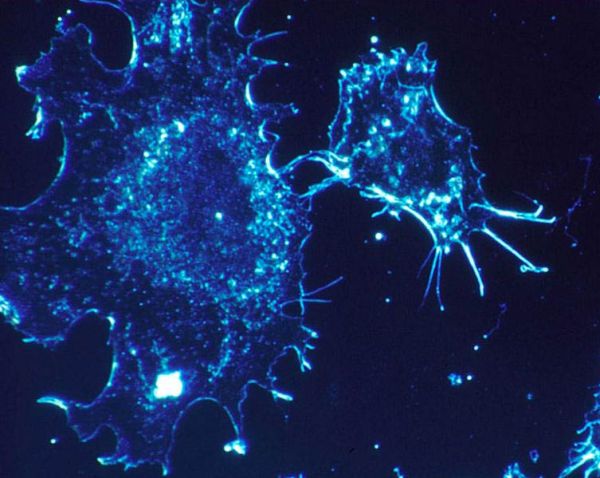
Can mosquitoes stop us going bump in the night?
Scientists have used the principles that guide a mosquito’s nocturnal flight to develop a quadcopter equipped with an elegant collision-avoidance sensory system.

Scientists have used the principles that guide a mosquito’s nocturnal flight to develop a quadcopter equipped with an elegant collision-avoidance sensory system.

Experts from the University of Leeds are advising the Government on the covid-19 pandemic, including as members of influential scientific panels.

Two University of Leeds professors have been elected to the prestigious Royal Society in recognition of substantial contributions to their fields.

Scientists have identified a key process in the way bacteria protect themselves from attack - and it heralds a new strategy in the hunt for antibiotics.

The University has been working with its closest partners – including Leeds University Union and its global alumni community – to support those most in need during the coronavirus crisis.

Scientists have – for the first time – shown how chemical triggers in the nervous system can amplify the pain experienced by mammals in response to certain stimuli.

The Covid-19 emergency could, over the next year, lead to a 20% rise in the number of deaths from people who have been newly diagnosed with cancer, according to research supported by DATA-CAN.

Health Data Research (HDR) UK is today announcing the funding of a £3.4m innovative data initiative in the north of England, involving experts from the University of Leeds.

Four online courses developed by the University of Leeds are part of a new platform launched today by the Department for Education.

A global collaboration of scientists has more than doubled the known number of regions on the human genome that influence the risk of developing melanoma.